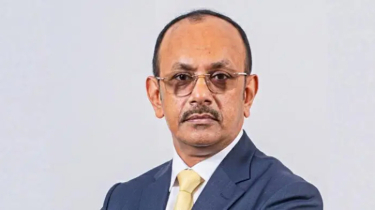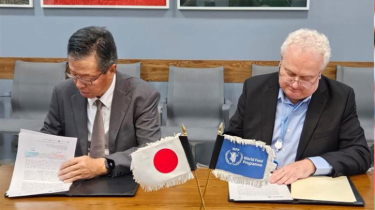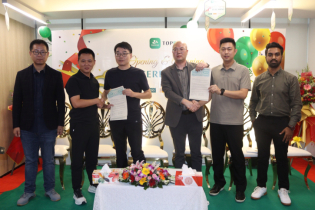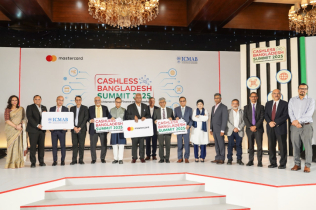Bangladesh and United States Continue High-Level Tariff Negotiations in Washington
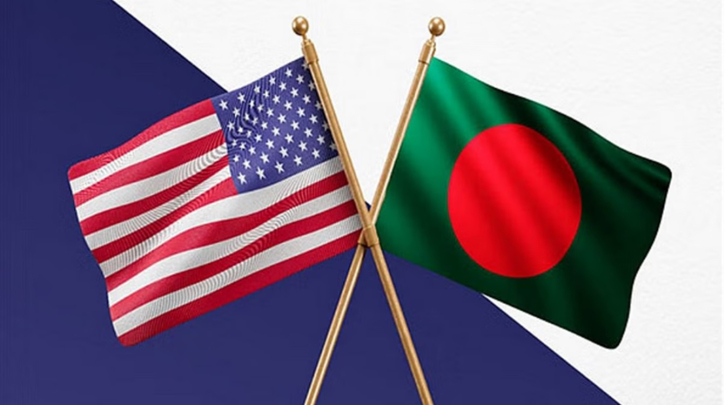
Published : 14:23, 3 July 2025
Senior officials from Bangladesh and the United States convened today in Washington for a high-level meeting with the Office of the United States Trade Representative (USTR), as both countries continue negotiations on a reciprocal tariff agreement ahead of the expiration of the current 90-day pause on July 8.
The Bangladeshi delegation, led by Commerce Adviser Sk Bashir Uddin, joined National Security Adviser Khalilur Rahman for the latest round of discussions, following Bangladesh’s formal submission of feedback on the third draft of the proposed tariff framework.
In the meeting, Bangladesh reiterated its proposal to maintain an effective tariff rate of 26% on its exports to the United States—combining the pre-existing 16% duty and the 10% baseline duty introduced in April. The United States has proposed a reciprocal tariff rate of 37%, which would raise the total duty to 53%—a rate Bangladesh considers unfeasible for its export competitiveness.
Commerce Adviser Sk Bashir Uddin emphasized the need for a balanced and mutually beneficial outcome. “We are committed to deepening our economic relationship with the United States and have made significant offers to reduce trade barriers and increase imports of US goods,” he stated. “A fair and workable tariff structure is essential to sustain jobs, exports, and investment on both sides.”
Bangladesh is also requesting a three-month extension of the current tariff pause to allow for further technical consultations. The extension would provide necessary time for both parties to resolve outstanding issues and avoid disruptions to bilateral trade.
Bangladesh has made notable offers during negotiations, including:
-
Zero tariff access for key US agricultural exports such as cotton, wheat, corn, and soybeans;
-
A proposed 50% tariff reduction on major US industrial exports such as gas turbines, semiconductors, and medical equipment;
-
Commitments to remove non-tariff barriers, simplify customs procedures, and facilitate duty-free bonded warehousing for US cotton;
-
Progress toward launching Starlink internet services in Bangladesh;
-
Expanded collaboration on LNG imports, following the lifting of a US export permit freeze.
Chief Adviser Professor Muhammad Yunus previously communicated these strategic commitments to President Donald J. Trump, emphasizing Bangladesh’s dedication to reducing the bilateral trade gap and strengthening the long-standing partnership between the two nations.
Both sides acknowledged the complexity of the negotiations and confirmed their intention to continue discussions. A Non-Disclosure Agreement (NDA) remains in effect, limiting public release of draft documents and negotiation details.
In 2024, total two-way goods trade between the United States and Bangladesh reached $10.6 billion, with the US registering a trade deficit of $6.2 billion. Bangladesh is currently the largest South Asian destination for US exports by tariff preference, with lower average duties on US goods compared to regional peers.
The outcome of these talks will be pivotal as the Trump administration approaches the July 8 deadline for concluding tariff agreements with key trading partners. Bangladesh remains optimistic that a resolution will be reached that promotes long-term economic cooperation and shared prosperity.



